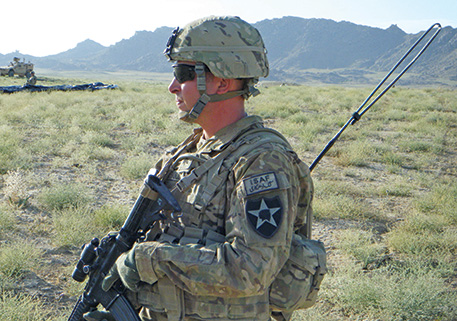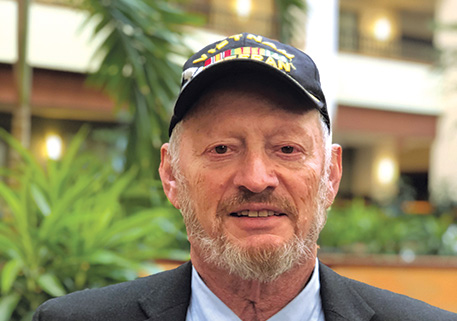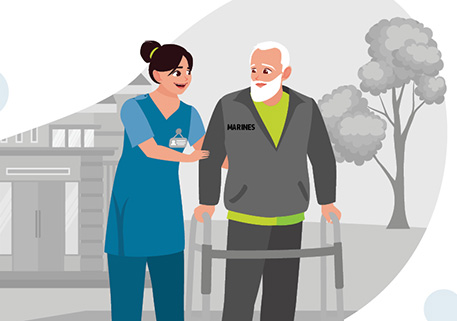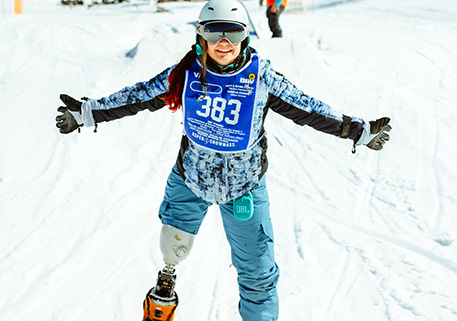Aurora, Colo. veteran heads to Aspen to push herself further through winter adaptive sports
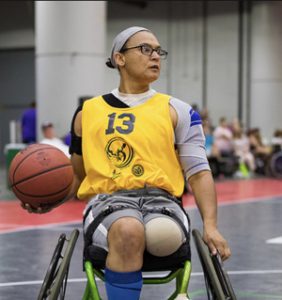 Marine Corps Veteran Jatáya Taylor understands the lows of depression in the aftermath of a life-changing injury. She also knows the tremendous role adaptive sports can play during recovery.
Marine Corps Veteran Jatáya Taylor understands the lows of depression in the aftermath of a life-changing injury. She also knows the tremendous role adaptive sports can play during recovery.
Taylor became confined to a wheelchair after suffering severe knee and shoulder injuries during a training accident in 2005. Though she looked forward to moving on with her life after being medically retired, her lower body injury led to a rare connective-tissue disorder that made the ligaments in her leg impossible to repair. Depression took hold until she moved to Colorado and became introduced to adaptive sports.
“That’s what saved my life,” Taylor said. “That reminded me who I was again.”
Taylor credits her introduction to kayaking in 2012 with opening a world of opportunity for her after being injured. She has since become involved in wheelchair basketball, swimming, sled hockey, para cross country and biathlons to name a few.
“I’ve gotten to do so many things in life that I never would’ve gotten to do if I never got hurt,” Taylor explained before mentioning the dozen adaptive sporting events she has participated in since 2012.
This is her first time attending the DAV and VA co-hosted National Disabled Veterans Winter Sports Clinic.
“The opportunity to try other new activities is what really caught my eye,” Taylor confessed of her decision to attend this year’s event after having her leg amputated above the knee in 2017. “I just learned how to snowboard and this is a good chance to improve my skills.”
While Taylor freely admits to having a competitive side, she says participating in adaptive sports events helps her connect with her fellow injured and ill Veterans.
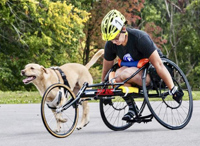

Even then, Taylor noted, “Not everyone has the same problems so it can be hard to find things to do, but there are so many adaptive programs out there to choose from that cater to different issues.”
Yet no matter what the injury, Taylor says the key to success in adaptive sports is perseverance.
“Don’t be afraid to make mistakes because you’re going to,” she implored. “You’re going to feel like you’re failing, but don’t give up because that’s just the beginning.
“Some people say ‘I can’t do it’ or ‘I used to do it like this.’ And I just tell them this is your new normal. You’re never going to be the same and that’s not always a bad thing.”
About the event: Co-hosted by DAV and the U.S. Department of Veterans Affairs, the National Disabled Veterans Winter Sports Clinic promotes sports therapy and rehabilitation through adaptive Alpine and Nordic skiing, rock climbing, wheelchair self-defense, sled hockey, scuba diving and other adaptive sports and activities. The five day event in Snowmass, Colorado is a world leader in adaptive winter sports instruction for ill and injured Veterans and their families. Be inspired at wintersportsclinic.org.



